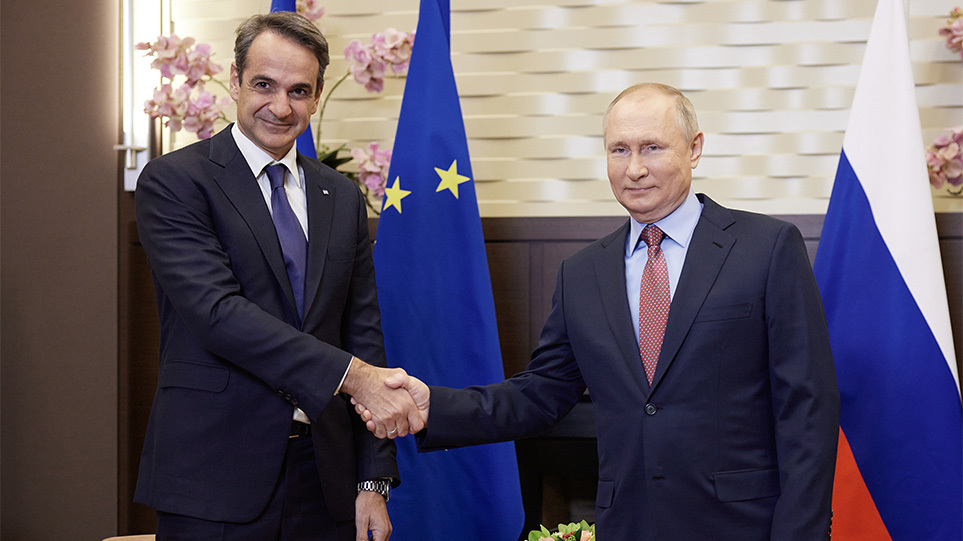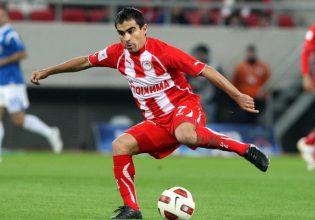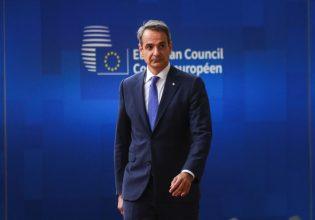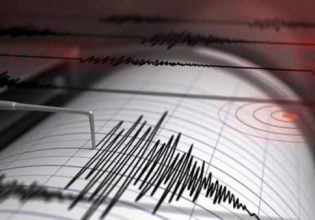
Editorial Ta Nea: Greece’s geopolitical position
At a time when a series of issues remain open, Greece and Russia have a certain osmosis that will continue with cooperation and communication.
A multi-faceted foreign policy is necessary for a country such as Greece. Its geopolitical position, history, ties with other peoples, and the currently fluid geopolitical situation require open channels of communication with major powers.
That was the direction of yesterday’s talks between PM Kyriakos Mitsotakis and Russian President Vladimir Putin in Sochi, Russia.
There is an array of synergies and collaborations for which one can lay the groundwork. The two countries can facilitate investment and mutual understanding between the peoples in an environment where global challenges like the pandemic offer an opportunity to build bridges and understandings. That process successfully began yesterday.
At a time when a series of issues remain open, and given the fact that bilateral relations are a basic parameter of diplomacy and international affairs, Greece and Russia have a certain osmosis that will continue with cooperation and communication.
Given Turkish provocations and changes in the European Union, Greece has had the historical advantage of acting as an intermediary, given the fact that it is a Western country with a core position in the EU and NATO.
These considerations ensure and delineate the new dynamic that has arisen from the PM’s trip to Russia, which can bring only positive results.
- Αναστάτωση στον σταθμό Μετρό «Αμπελόκηποι» από καπνούς στην κυλιόμενη σκάλα
- Μπάνκι ενόψει του Game 3: «Έτοιμοι να παλέψουμε, να ανταποκριθούμε όπως κάναμε στην Αθήνα»
- Φάμελλος: Η κυβέρνηση αφήνει πολίτες και επιχειρηματίες θύματα της αισχροκέρδειας
- «Θα μείνεις στην ιστορία ως καταστροφή!» Ο Πέδρο Αλμοδόβαρ βλέπει στον Ντόναλντ Τραμπ τον δικτάτορα Φράνκο
- Μελόνι και Ερντογάν ενισχύουν τις σχέσεις τους στην αμυντική βιομηχανία και την ενέργεια
- «Επικίνδυνη» πόλη η Αθήνα για τις γυναίκες: 99 υποθέσεις βιασμού μέσα σε ένα χρόνο












